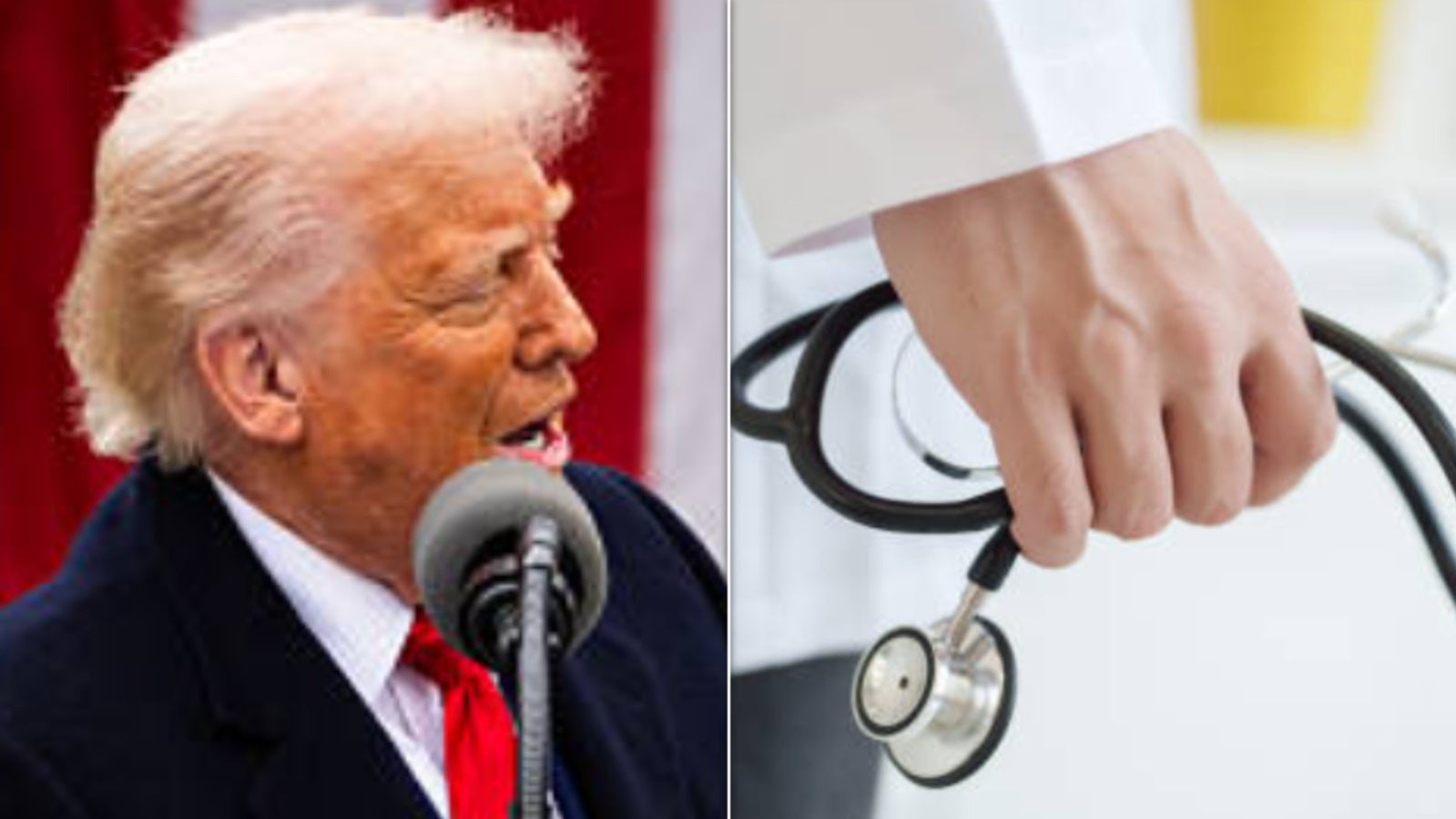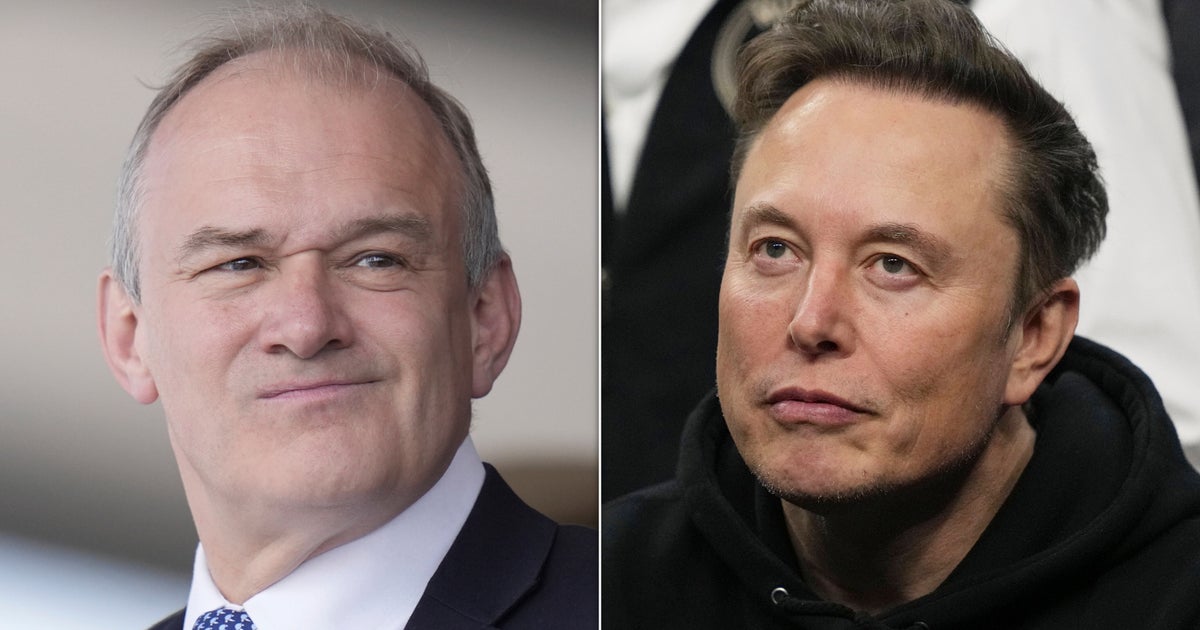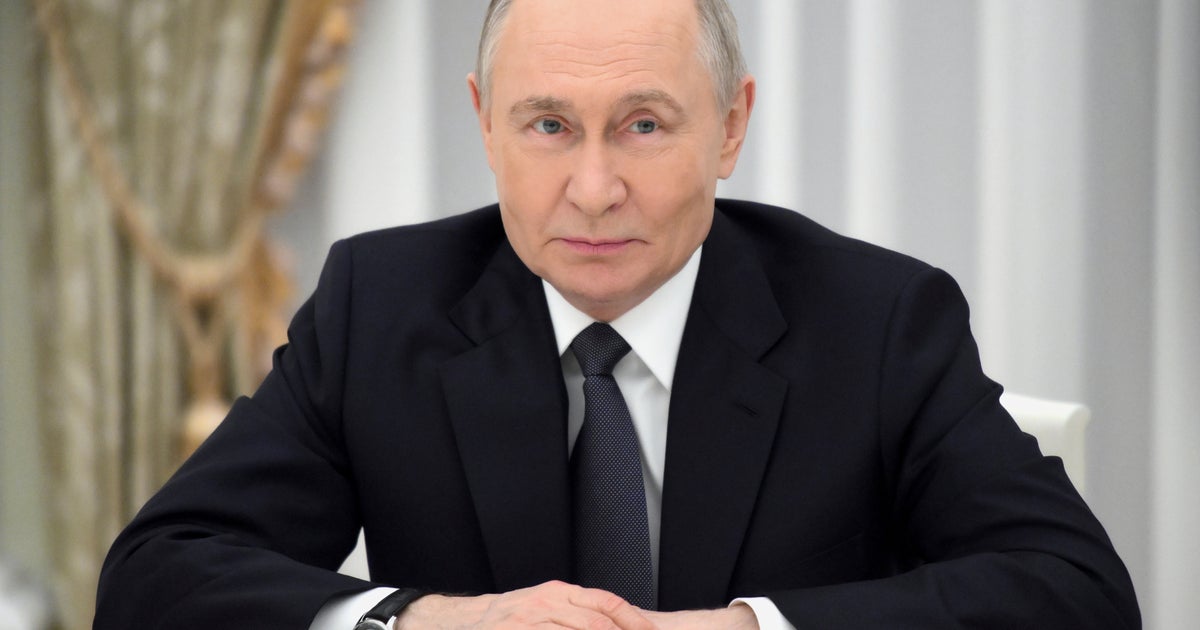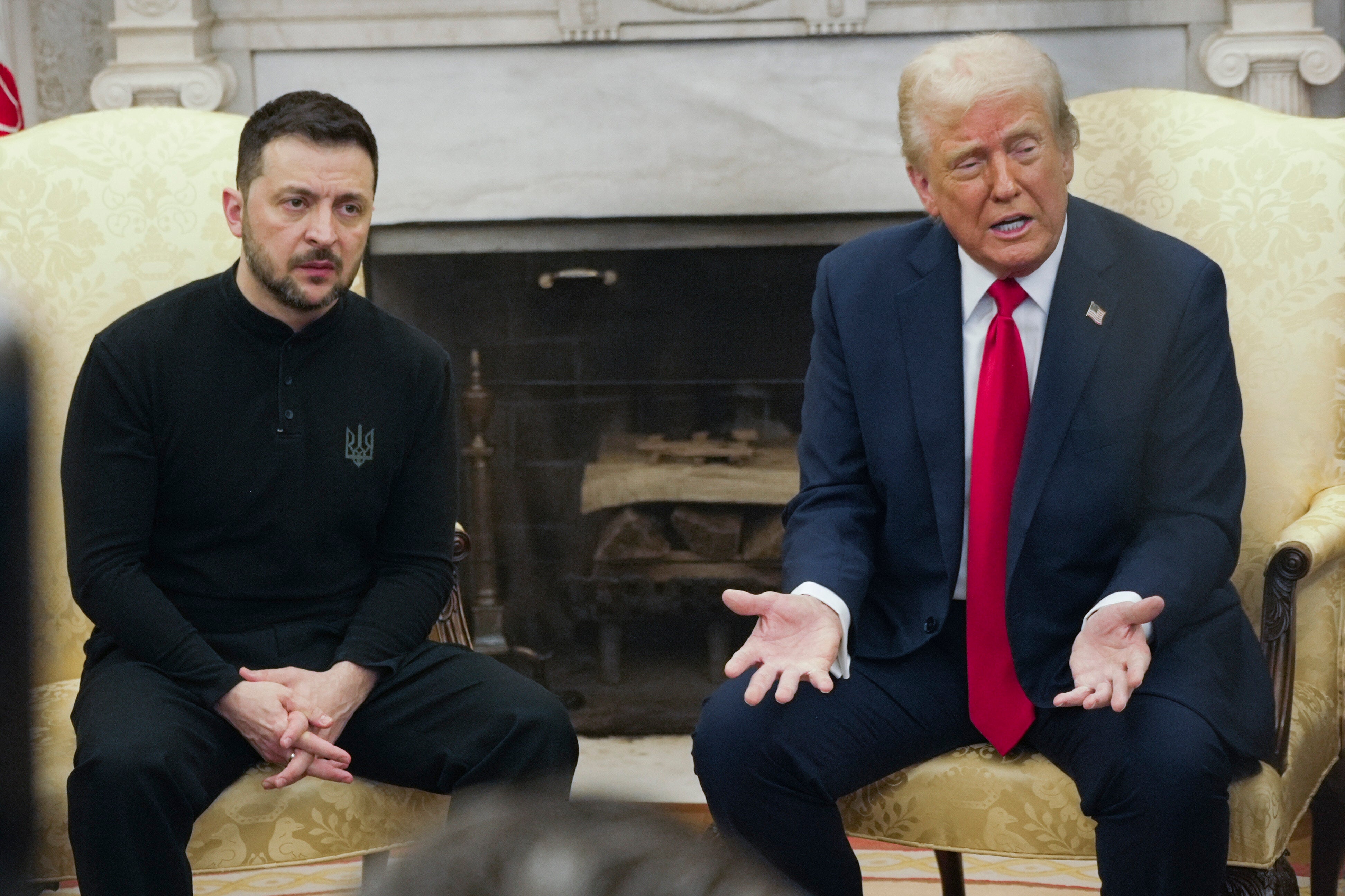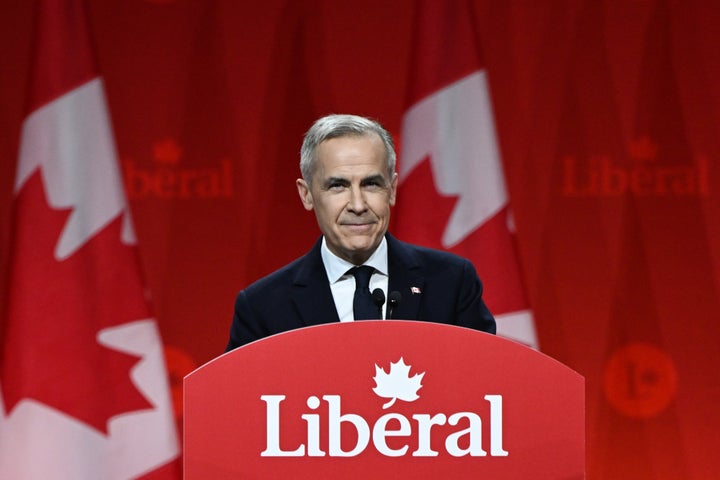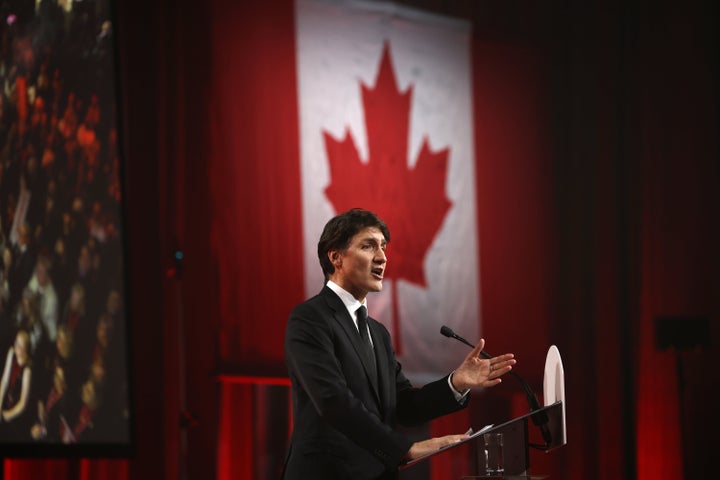As a piece of political theatre, it took some beating.
Sitting down in the Oval Office for his first face-to-face meeting with Donald Trump since his re-election, Keir Starmer reached into the inside pocket of his suit and produced an envelope.
The prime minister could barely contain his excitement as he told the president: “It is my pleasure to bring from His Majesty the King a letter – he sends his best wishes and his regards, of course – but he also asked me to bear this letter and bring it to you.”
Advertisement
In it, King Charles invited Trump to come to the UK for a second state visit, an unprecedented honour for a sitting president.
“The answer is yes,” Trump told the PM. “I look forward to being there and honouring the King.”
But if Starmer hoped that appealing to Trump’s love of the Royal Family would spare the UK when it came to his “reciprocal” tariffs, he was very much mistaken.
The president confirmed on Wednesday that British imports into the US will be slapped with a 10% tax – on top of the 25% charges already being applied to cars and steel products.
Advertisement
And while that was less than the levy imposed on many other nations, and the EU, it still has the potential to cause huge damage to the UK economy and send unemployment soaring.
HuffPost UK can reveal that Trump’s actions – which have also sent markets around the world into freefall and increased the chances of a global recession – have breathed new life into the campaign to block his state visit.
Thousands of voters have so far backed a campaign set up by the Stop Trump Coalition in the wake of the tariff announcement, filling in an online form to lobby their local MP.
Advertisement
“Donald Trump has started a global trade war,” say the group. “This threatens to cause a new worldwide recession. It can’t be allowed to succeed.
“The Starmer strategy of trying to be Trump’s friend isn’t working. It is only holding the government back from responding to Trump’s tariffs, or criticising the other outrageous actions he takes daily.
“It is time to cancel the visit and stand up for ourselves.”
More than 200,000 people have also signed a “no second state visit for Trump” petition organised by 38 Degrees.
Advertisement
While Trump’s invitation was officially a decision for the King alone, everyone knows that No.10 was the driving force behind it.
This has allowed Downing Street to insist that it is ultimately a decision for Buckingham Palace when – or if – the visit does end up going ahead.
A poll by Ipsos taken before Trump’s tariff announcement showed that the British public are evenly split on whether we should be rolling out the red carpet for him once again. Some 46% were in favour, with 44% against.
Advertisement
Keiran Pedley, director of UK politics for the company, said Starmer now “faces a delicate balancing act”.
“The US president is unpopular in Britain and the public were already split down the middle on whether the visit should go ahead last month.,” he told HuffPost UK.
“It is hard to see how his announcements on tariffs would have made the visit more popular. However, there are political and diplomatic realities to contend with, and Starmer will be keen to get the balance right.”
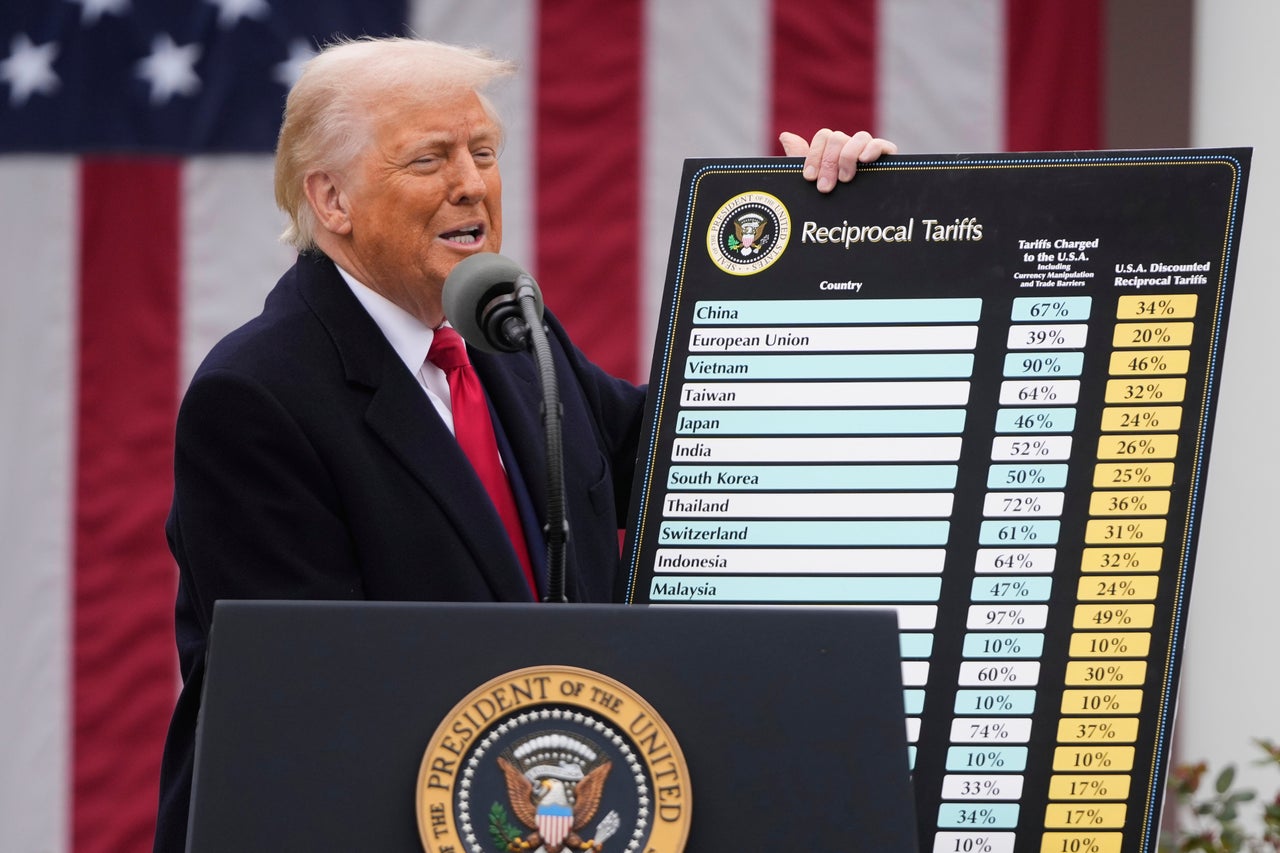
via Associated Press
The PM does have plenty of political cover at Westminster, however, with even parties which are instinctively hostile to Trump refusing to join the growing clamour for the state visit to be cancelled.
Calum Miller, the Lib Dems’ foreign affairs spokesperson, said: “Trump has turned his nose up at the special relationship between the UK and the US by slapping the same tariffs on Britain as he has on Iran.
“But we have to remember that Trump thinks of himself as a ‘deals’ man. The one thing he thinks he understands is a negotiation – and the state visit is our ace in the hole when it comes to dealing with the president.
“The government should keep all options open and be tough in talks ahead of any visit to try to end this trade war before it starts.”
Carla Denyer, co-leader of the Greens, said the visit should not have been offered in the first place, but stopped short of saying it should not happen.
“I can’t imagine many Brits will be thrilled to see Starmer rolling out the red carpet for a man that has proposed the ethnic cleansing of Gaza, blamed Zelenskyy for the war in Ukraine, and is now wreaking havoc on the global economy with his tariffs,” she said.
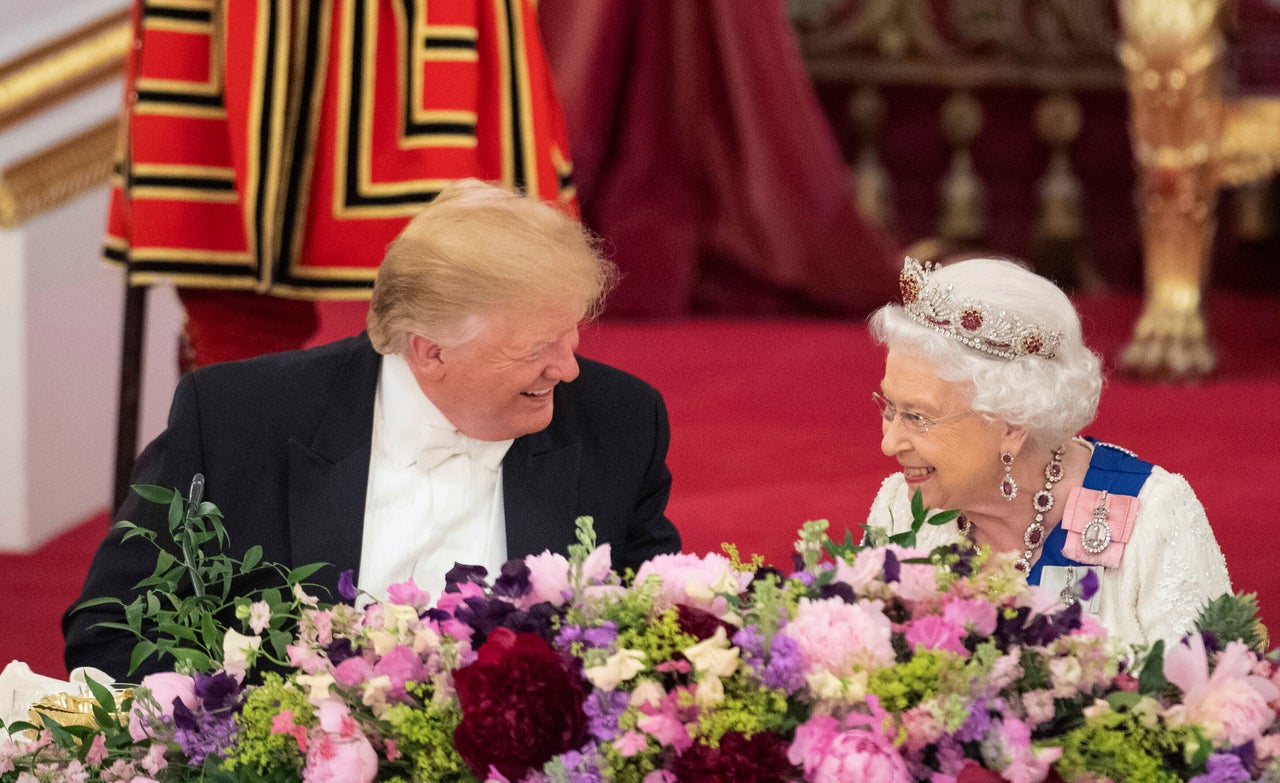
via Associated Press
Advertisement
It may well be that the solution for the PM will be found in a classically British political fudge.
Would it really be all that surprising if no suitable date could be found in the King’s packed diary to squeeze in the visit before Trump leaves office in 2029?
That would spare the monarch – who is thought to be no great fan of the president either – some embarrassment while also avoiding a political firestorm for Starmer.
The most likely outcome, however, is that it will go ahead, although probably not until nearer the end of Trump’s four-year term.
Advertisement
Starmer will hope that an economic deal is done with the US by then, sparing the UK the worst of Trump’s tariffs, while also drawing some of the sting from the state visit controversy.
Whatever happens, his eagerness to be the King’s messenger boy will be added to the growing list of political mis-steps he has made since enter No.10 last July.





